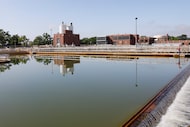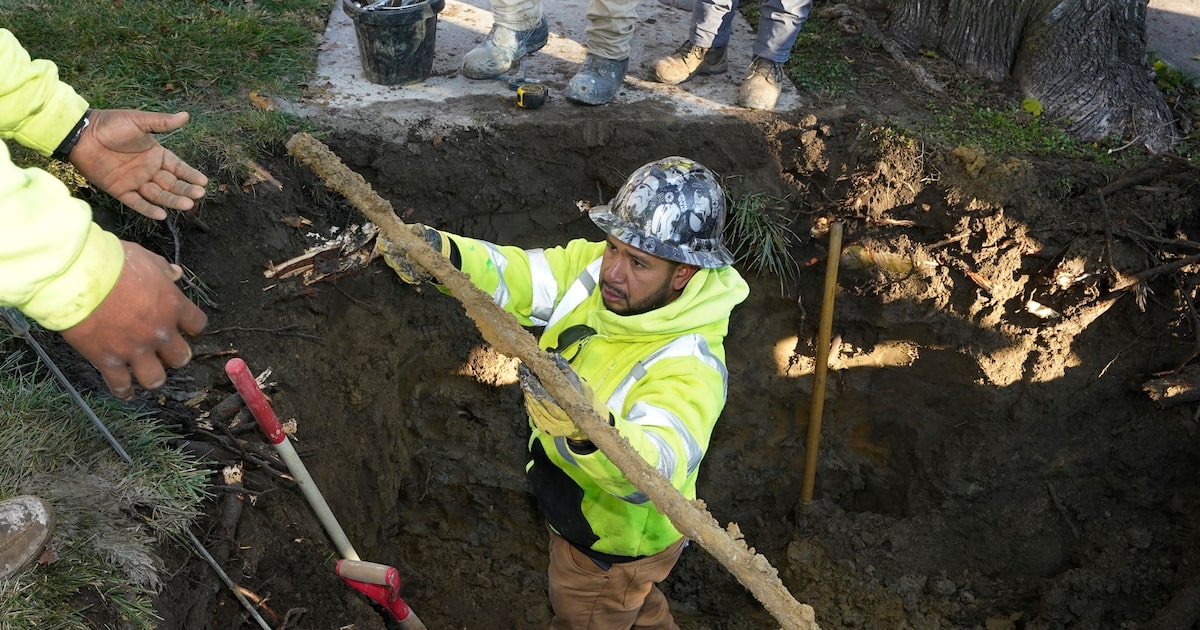As part of a citywide effort to identify water service lines that may contain lead or galvanized materials, Dallas Water Utilities is mailing a second round of letters to thousands of residents.
The notifications, which began going out in October, are part of a federal requirement under the Environmental Protection Agency’s updated Lead and Copper Rule.
Related

The rule requires all public water systems to inventory their service lines and notify customers if the material of a line is unknown or potentially hazardous. The rule also requires water systems nationwide to replace lead pipes within 10 years.
Breaking News
About 225,000 Dallas customers have service lines listed as “unknown,” according to the city.
Those residents will receive a letter asking them to complete a short survey. The form includes instructions on how to locate and inspect the pipe that connects a home to the water meter, along with the option to upload photos to help the city verify the material.
City officials say Dallas’ water continues to meet all state and federal safety standards. The city has used corrosion-control methods for decades to prevent lead from leaching into the water supply and has been working to remove older materials from its system for over 47 years, according to a news release.
Related

The city has already mailed several rounds of notifications. In 2024, about 50,000 letters were sent to residents whose service line material was unknown, followed by more than 92,000 additional letters, The Dallas Morning News reported.
No level of lead exposure is safe
The most common sources of lead in drinking water are lead pipes, faucets and plumbing fixtures. Household plumbing fixtures, welding solder and pipe fittings made before 1986 also may contain lead. In 1986, the Safe Drinking Water Act banned the use of lead-based solder in the U.S. for plumbing that supplies water for human consumption.
No level of lead exposure is safe for humans. Exposure to lead can seriously harm a child’s health and result in damage to the brain and nervous system, according to the Centers for Disease Control and Prevention.
Property owners are responsible for the private portion of the service line — the section that runs from the meter to the home. The city manages the public portion, which extends from the water main to the meter.
Dallas Water Utilities is offering free water testing for residents and has posted guides in English and Spanish to help identify different types of pipe materials.
The city’s effort is part of a broader, nationwide push to identify and replace lead service lines within the next decade, a key goal of the EPA’s revised rule.
